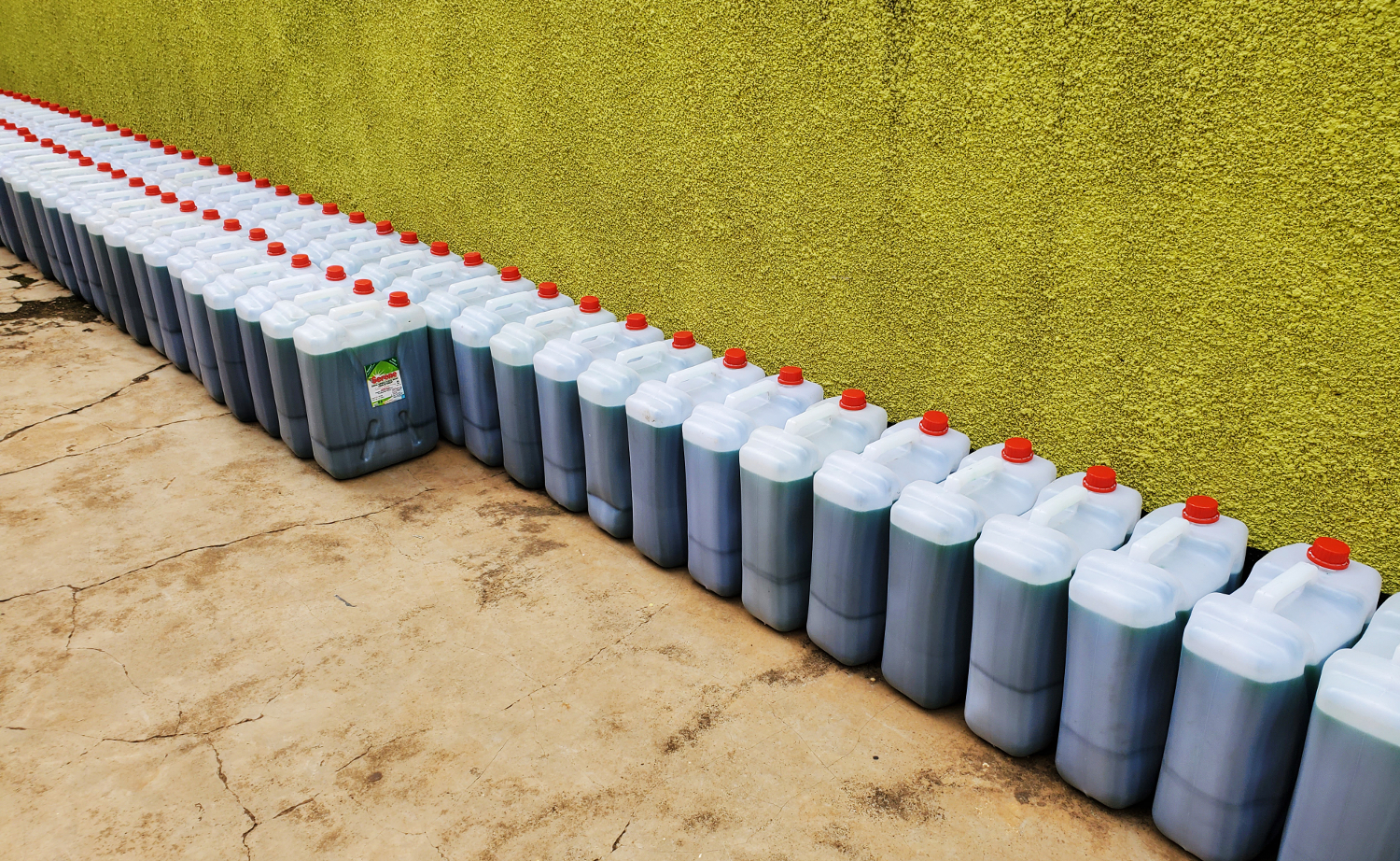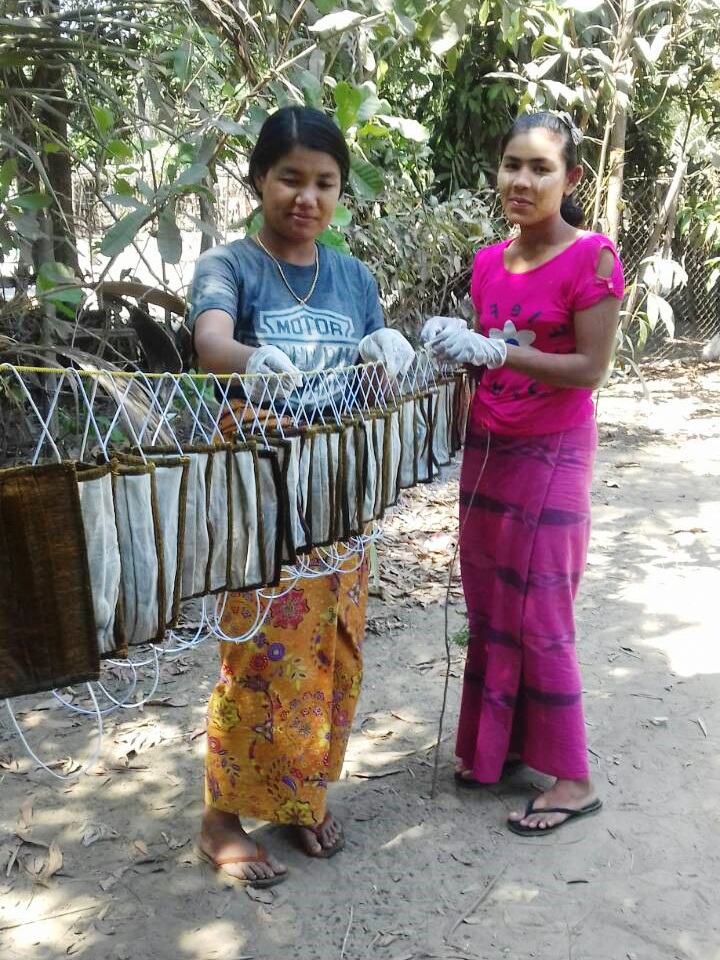Check the map to see our response to the Covid-19 pandemic
The rapid spread of the coronavirus has profoundly impacted the work of Finn Church Aid and required an immediate response to newly arisen needs.
Finn Church Aid (FCA) has granted nearly half a million euros worth of emergency support to curb the spread of the coronavirus in its program countries.
FCA provides information in refugee settlements and trains teachers, school committees and community workers on how to protect communities. Schools and refugees are equipped with soap, hand sanitizers, disinfectants, and buckets. Information is distributed via radio, SMS and megaphones as well as through trainings that adhere to guidelines of national authorities.
FCA distributes hygiene supplies and conducts educational work in Uganda, Syria, South Sudan, Somalia, Kenya, Nepal, and Cambodia.
Supporting distance learning and the well-being of children and youth
Global school closures affect the education of over 1.2 billion pupils.
FCA supports teachers in organising distance learning by providing mobile mentoring, in order to ensure children’s right to education during school closures.
If schools remain closed for a long time, the consequences will be serious for the education and well-being of children and youth. Many children in vulnerable situations get most of their clean water, food and emotional support from school. When children are out of school, they are also more likely to experience violence and abuse or fall victim to child labour, pregnancy, or child marriage.
FCA supports distance learning through radio broadcasts in Uganda and Kenya. In Kenya, FCA has distributed solar-powered radios with an attached mobile phone charger as well as a flashlight that enables studying in the dark and increases safety. In Syria, pupils have been provided with internet connection in order to take part in distance learning.
Parents and teachers are also provided with information regarding child protection.
FCA is working towards opening schools safely when the time is right. Schools are equipped with disinfectants and an increased number of hand-washing stations. Facilities are maintained and teachers will be trained on psychosocial support and hygiene practices.
When the schools reopen, catching up on learning content will require extra support. Curricula will have to be accelerated, and provisions will need to be made to offer remedial classes.
Once schools open, FCA will arrange at least three hand-washing stations for each of the schools it supports in Uganda.

FCA aims to arrange at least three handwashing stations at each supported school in Uganda once they open.
Livelihoods in danger because of coronavirus restrictions
In addition to health risks, the restrictions enforced to curb the spread of the coronavirus cause massive uncertainty for people’s livelihoods. Fragile states lack the level of social security that developed countries can provide.
FCA supports livelihoods in 13 countries. The business activities of FCA’s beneficiaries are often handicrafts or local services such as cafés, repair shops or village shops, in addition to agriculture.
In rural areas, businesses often focus on agriculture or small-scale processing of agricultural products. Trading takes place at nearby markets. Once gatherings are restricted and marketplaces are closed down, sales incomes plummet immediately.
When movement is restricted and the purchasing power of customers diminishes, the customers of businesses providing services disappear. Businesses being hit particularly hard include restaurant and accommodation services as well as small shops. In the case of handicrafts, production can continue for as long as raw materials are available, but selling products becomes difficult.

Due to high demand women’s groups in Myanmar have started to produce face masks with FCA’s support. So far the groups have sewn and sold 600 masks.
Peace work can prevent crises from turning into conflicts
In fragile environments, there is a risk that the health crisis turns into a more complex crisis that increases the risk of a violent conflict.
Religious and traditional leaders have an important role in communities and are able to work against the situation caused by the health crisis turning into a conflict. In many countries, they can reach people efficiently and provide information on Covid-19, such as maintaining a physical distance and postponing or cancelling religious events.
Finn Church Aid supports this work for instance through The Network for Religious and Traditional Peacemakers. The peace network has established a material bank on employing religious and traditional operators in work against the pandemic and has organised weekly webinars featuring local peacemakers sharing their challenges, needs for support, and initiatives they have made to counter the pandemic.
In Somalia, FCA and the Network have produced videos and discussion shows featuring religious leaders, doctors, youth and women activists and journalists in order to spread accurate information about Covid-19. The videos have aired on national television in Somalia, as well as on social media.